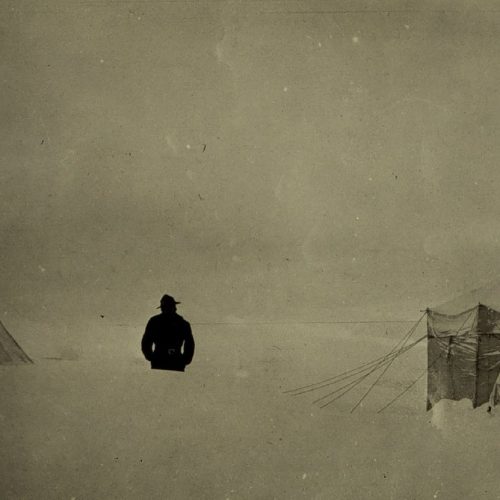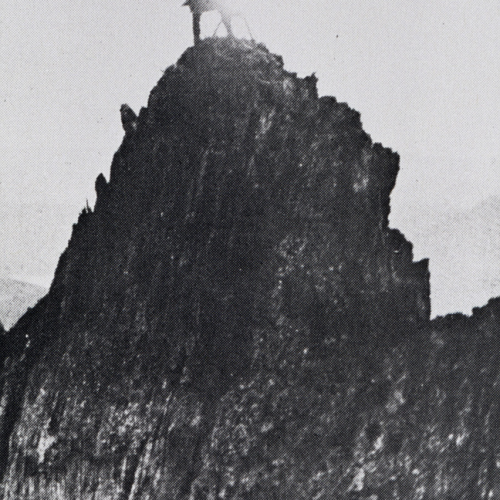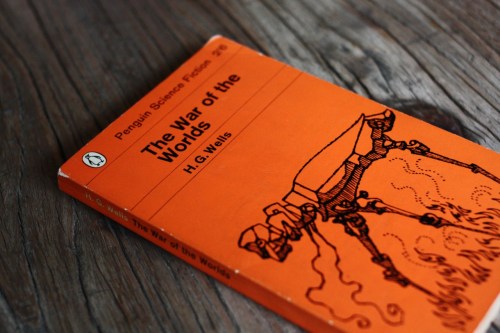Light keeper at Coast and Geodetic Survey camp, Alaska c. 1923
Heliograph, c. 1911
The War of the Worlds (H.G. Wells, 1898)
The War Of The Worlds is, most importantly, a book about the dangers of complacency. While Wells’ imagination and knack for a rolling narrative are worth applauding any day, the book is not at its heart a heroic adventure. Like The Time Machine, it is a warning. In that book he caricatured the erosion of humanity’s most important qualities; in this one, his message is more direct: the road of complacency leads to destruction – destruction of the literal and immediate variety.
Raising the Fawn – “Drownded”
The North Sea
While parts of this album stray into the falsetto melancholy of bands like Aereogramme and For Stars, the meaty guitar and willingness to extend their songs into epic territory (at 11:11, this is the longest on the album but not by far) make Raising the Fawn a bit more exciting. “Drownded” covers a lot of ground, or water as it were, and while it leaves plenty of space to breathe, it never gets boring and the songwriting is just plain solid.
Dinosaur feathers (National Geographic)
I would rather sit on a pumpkin and have it all to myself, than be crowded on a velvet cushion.
Kaspar Hauser revisited
Tape – “Switchboard Fog”
Milieu
Crickets don’t chirp, nor birds sing, to a score. There is no conductor. Perhaps that’s why Tape’s haphazard harmonies and pastoral noodling are so compelling. They lack the exactitude of produced music. This track and others on Milieu, their best album, are less like songs and more like a dawn chorus of guitars, keyboards, and bells.







